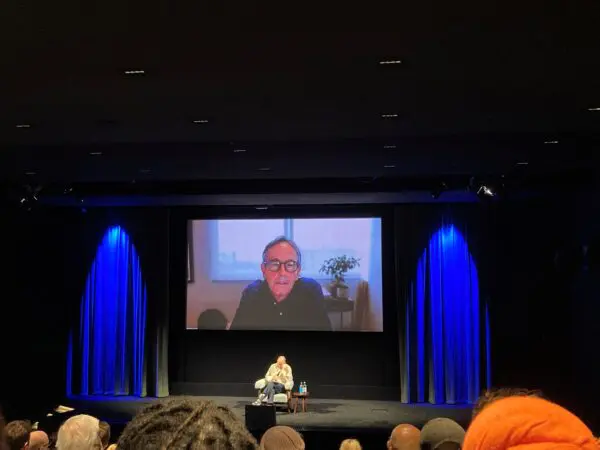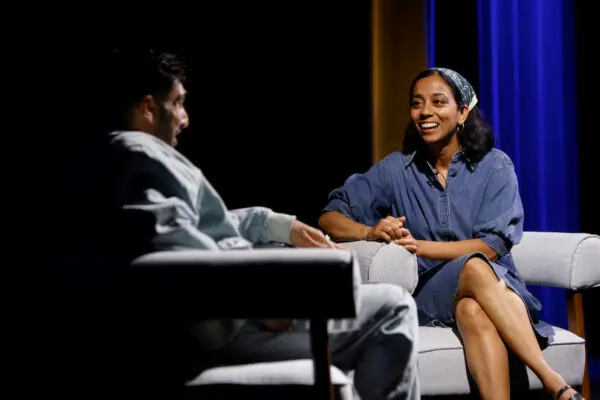In the current political climate, even the smallest act of kindness can go a long way. As a generation of children and young people are becoming increasingly anxious, with almost two-thirds of children aged 10 and 11 worrying ‘all the time,’ problems like loneliness, isolation and bullying are having a huge impact on the confidence and self-esteem of this demographic.
With that in mind, it is imperative for content makers to not only raise a collective consciousness of tolerance and respect, but use their knowledge of children’s media to engage with kids in a meaningful way. Recent research shows that unaddressed mental health problems amongst children can sadly lead to self-harm, substance abuse and even suicide. However, it can be difficult to spot the early signs of severe mental health problems. Often, they can be confused with family problems, or unhappiness at school and academic pressure around exams. With CBBC programmes like My Life, Lifebabble and flagship show Newsround acting as useful guides to life’s ‘ups and downs’, these shows also provide relevant information on how to cope with a range of issues that may affect children between the ages of 6-12 years. Globally speaking, BBC and Sky Kids are also uniting in a kindness campaign under the banner ‘Project Hope.’ In short, television is stepping up to the plate and rising to the challenge of addressing the issues impacting children and young people.
With a greater emphasis on helping children gain social and emotional skills like empathy and resilience, children’s media is making strides to include messages of kindness, tolerance, and respect for others. In integrating these key life skills, along with things like teamwork and perseverance, television is preparing children for the future and demonstrating coping mechanisms for difficult situations. CBeebies is also ensuring that these messages are passed on to their youngest audience members through community based dramas such as Appletree House as well as their most recent campaign trail ‘Everyone’s Welcome’ – highlighting values of openness and friendship, as well as reflecting and promoting diversity in the U.K.
Across BAFTA Children’s categories, it seems clear that content no longer needs to be purely didactic to deliver an important message. Conversations around creating kinder characters are ongoing. For example, learning how to be kind in pro-social gaming such as Lego Dimensions or Taking the Next Step Game can help to prepare children for real-life experiences. Such digital role-play gaming, can, as Jon Mason (Founder and MD, Jollywise) explained at the Children’s Media Conference ‘help audiences to understand right and wrong,’ as well as acting as a ‘cyber sandbox’ for children before they move on to use and experiment with social media. Animations such as The Amazing World of Gumball also play a vital role in demonstrating that friends and family can come in all shapes and sizes and a recent Cartoon Network survey found that many kids value humour and kindness above all.
As well as raising awareness of some of the serious issues that can arise during childhood, BAFTA is also in partnership with Place2Be – a leading U.K. children’s mental health charity that works to provide support and counselling in schools across England, Scotland and Wales. This year sees the ‘BAFTA Kids Roadshow’ move across cities and towns, promoting the theme to ‘spread a little kindness’ through design competitions and assemblies combining happiness and well-being through mental health support, as well as a Masterclass in TV presenting with current talent Katie Thistleton and Ben Shires. In addition, some of the events around National Children’s Day (14 May) have not only highlighted ‘random acts of kindness’, but have begun to lead the way as a new and exciting type of activism that holds inclusiveness, creativity and happiness in childhood at its core.
In highlighting the potential risks, the call to action is now stronger than ever. With a growing momentum around altruistic behaviour and acts of kindness, the need to become more literate in mental health concerns is a priority for all involved. The responsibility for health and social care falls on every single one of us across the industry, as well as being a part of our children’s wider social curriculum at school and at home. Whilst creators of kid’s content are helping to allay fear by positively tackling some of the problems that children face daily, one thing is certain – kindness is best taught by example.
Gabrielle Smith is a final-year Ph.D candidate at Northumbria University, Newcastle and is a film and television studies graduate from the universities of Aberdeen and Glasgow. Her current research explores the role of the British children’s television presenter.













